Co-designing with Mixed-ability Groups of Children to Promote Inclusive Education
This is a half-day workshop at the 21st edition of the ACM Interaction Design and Children (IDC) Conference. We will explore how to co-design technology in inclusive classrooms where children have diverse sensory, motor, cognitive or behavioral abilities. We will discuss barriers and opportunities in co-designing for inclusion, exploring techniques and tools to support learning in a collaborative environment. We encourage researchers, educators, parents, and other stakeholders to participate and provide their expertise and know-how in improving these environments, with an aim to support both inclusion and collaboration; and children’s exploration of their own interests and approaches to learning. We seek to better understand research experiences in these environments, co-design techniques that were successfully used, and what they can teach the broader field of interaction design for children.
Goals
- explore and define the barriers, limitations and opportunities in applying PD approaches for and with children with mixed abilities,
- explore co-design techniques and strategies to promote inclusion and collaboration among children.
Call for Participation
This half-day workshop aims to shed light on how to apply co-design approaches with children with mixed abilities and how it could contribute to children’s collaboration and inclusion. First, we will explore barriers and possibilities that co-design with children with mixed abilities might bring. Second, groups will also discuss and explore tools, methods, and strategies to promote inclusion and collaboration during co-design sessions. Papers will be peer-reviewed by the workshop organizers. We will select papers describing diverse backgrounds and experiences.
We invite participants to write short papers of 3-4 pages (excluding references) as positions papers, initial studies, or case studies, covering one of the following topics: (1) Co-design and PD approaches with children; (2) Inclusive education, and (3) Design for inclusion.
To broaden our audience to enable a more trans-disciplinary debate and discussion, we invite participants with diverse backgrounds such as educators or parents to participate as well. We will require a brief statement expressing their interest and motivation in participating in the workshop.
Papers and motivation statements should be submitted to acdpires@fc.ul.pt. At least one author of each accepted position paper must attend the workshop. All workshop participants must register for both the workshop and the main conference.
Important Dates
- Participant submissions due: (on or before) April 15th
- Notification of acceptance: (on or before) May 1st
- Workshop: June 27th, 2022
Submission Templates
- Microsoft Word
- LaTeX (Use
sample-manuscript.texfor submissions) - Overleaf (or search for: ACM Conference Proceedings Primary Article)
Accepted Papers
- Antonia Classing Sodergren. Pre-schoolers’ Stewardship – Embracing Higgledy-piggledy Behaviours through Participatory Playing
- Camila Hergatacorzian, Mariana daLuz , Ewelina Bakala, Juan Goyret, Gonzalo Varela, Fernando Gonzalez-Perilli. Co-designing game narratives and dynamics with first grade children
- Evropi Stefanidi, Jasmin Niess. Designing for Inclusion with Children with ADHD and their Care Ecosystem
- MARTA CARVALHO, LASIGE, FILIPA ROCHA, LASIGE, JOÃO GUERREIRO, HUGO NICOLAU, TIAGO GUERREIRO, ANA C. PIRES. Current Practices in Teaching Computational Thinking to Children: Accessibility is an AfterThought
- Emily B. Moore, Brett L. Fiedler, Taliesin L. Smith. Co-Design: Success, Challenge, and an Inclusive Design Future for PhET Interactive Simulations
- Saloni Mhapsekar. Re-imagining Special Education in India
Organisers
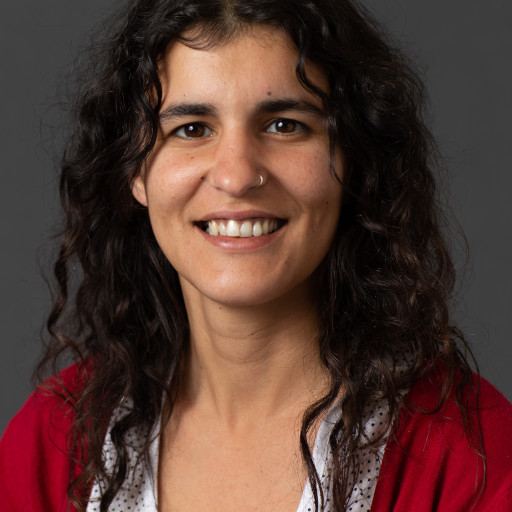 Ana Cristina Pires (corresponding organizer) is a cognitive psychologist with experience in Human-Computer Interaction (HCI). Currently, a PostDoc Researcher in LASIGE, Faculty of Science, University of Lisboa. The great part of her work has been to create educational technologies to foster the acquisition of core skills, such as executive functions, mathematics and computational thinking in children. In the last five years, she has been applying PD approaches with children with visual impairments and stakeholders to design educational technologies.
Ana Cristina Pires (corresponding organizer) is a cognitive psychologist with experience in Human-Computer Interaction (HCI). Currently, a PostDoc Researcher in LASIGE, Faculty of Science, University of Lisboa. The great part of her work has been to create educational technologies to foster the acquisition of core skills, such as executive functions, mathematics and computational thinking in children. In the last five years, she has been applying PD approaches with children with visual impairments and stakeholders to design educational technologies.
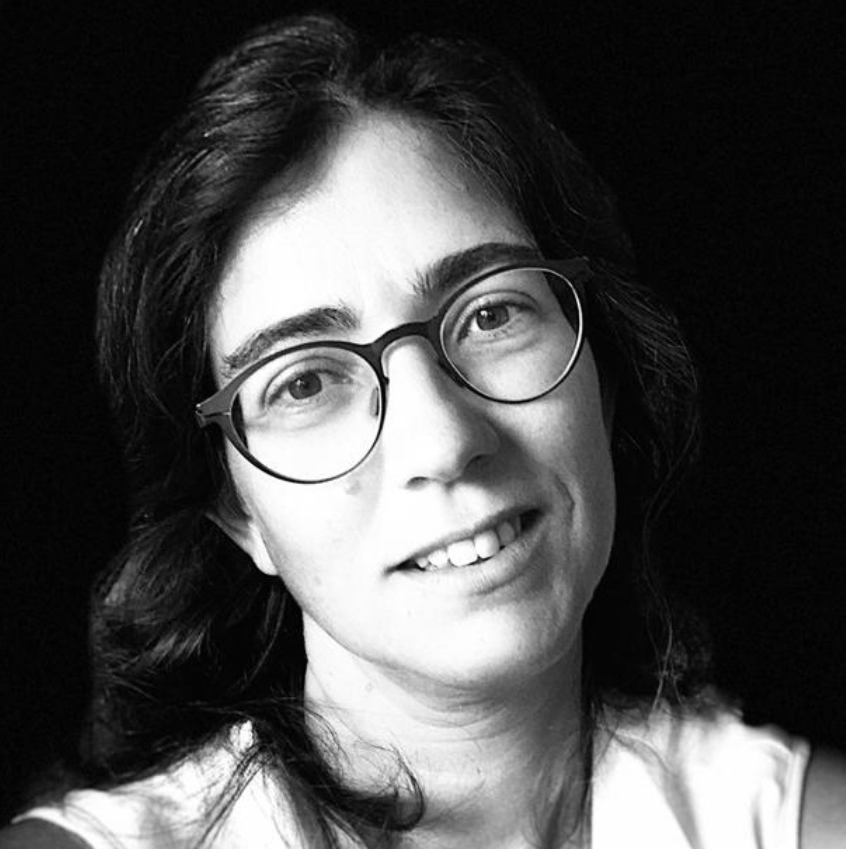 Isabel Neto is a PhD candidate at Lisbon University, Technical Institute. Her work focused on social robotics and how can robots be used to foster inclusion in mixed-visual abilities classrooms. In her research, she combines accessibility, HCI and HRI, practising inclusive design, and co-design with mixed-visual abilities children for novel human-robot interactions.
Isabel Neto is a PhD candidate at Lisbon University, Technical Institute. Her work focused on social robotics and how can robots be used to foster inclusion in mixed-visual abilities classrooms. In her research, she combines accessibility, HCI and HRI, practising inclusive design, and co-design with mixed-visual abilities children for novel human-robot interactions.
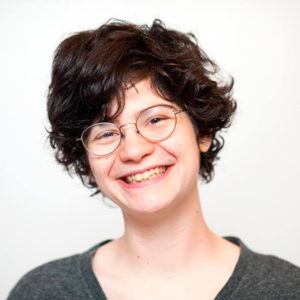 Emeline Brulé is a Lecturer at University of Sussex. Her interdisciplinary research focuses on accessible design and children’s experiences of inclusive education setting.
Emeline Brulé is a Lecturer at University of Sussex. Her interdisciplinary research focuses on accessible design and children’s experiences of inclusive education setting.
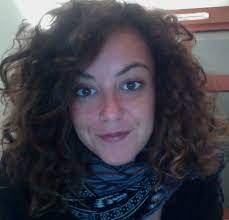 Laura Malinverni is a professor in the Visual Arts and Design Department of the University of Barcelona. Her research focuses on creative methods for designing interactive experiences with and for children.
Laura Malinverni is a professor in the Visual Arts and Design Department of the University of Barcelona. Her research focuses on creative methods for designing interactive experiences with and for children.
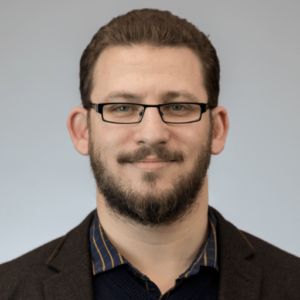 Oussama Metatla is a Senior Lecturer in Human Computer Interaction at the University of Bristol, UK. He is interested in exploring how insights and principles from multisensory interaction, crossmodal perception and embodied cognition could be used to co-design more inclusive interactions between people with and without disabilities.
Oussama Metatla is a Senior Lecturer in Human Computer Interaction at the University of Bristol, UK. He is interested in exploring how insights and principles from multisensory interaction, crossmodal perception and embodied cognition could be used to co-design more inclusive interactions between people with and without disabilities.
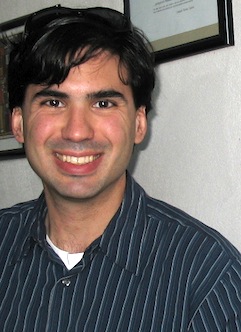 Juan Pablo Hourcade is an Associate Professor at The University of Iowa’s Department of Computer Science. He has more than 20 years of experience in the child-computer interaction field and has worked in multiple projects involving participatory design techniques and children with disabilities.
Juan Pablo Hourcade is an Associate Professor at The University of Iowa’s Department of Computer Science. He has more than 20 years of experience in the child-computer interaction field and has worked in multiple projects involving participatory design techniques and children with disabilities.
